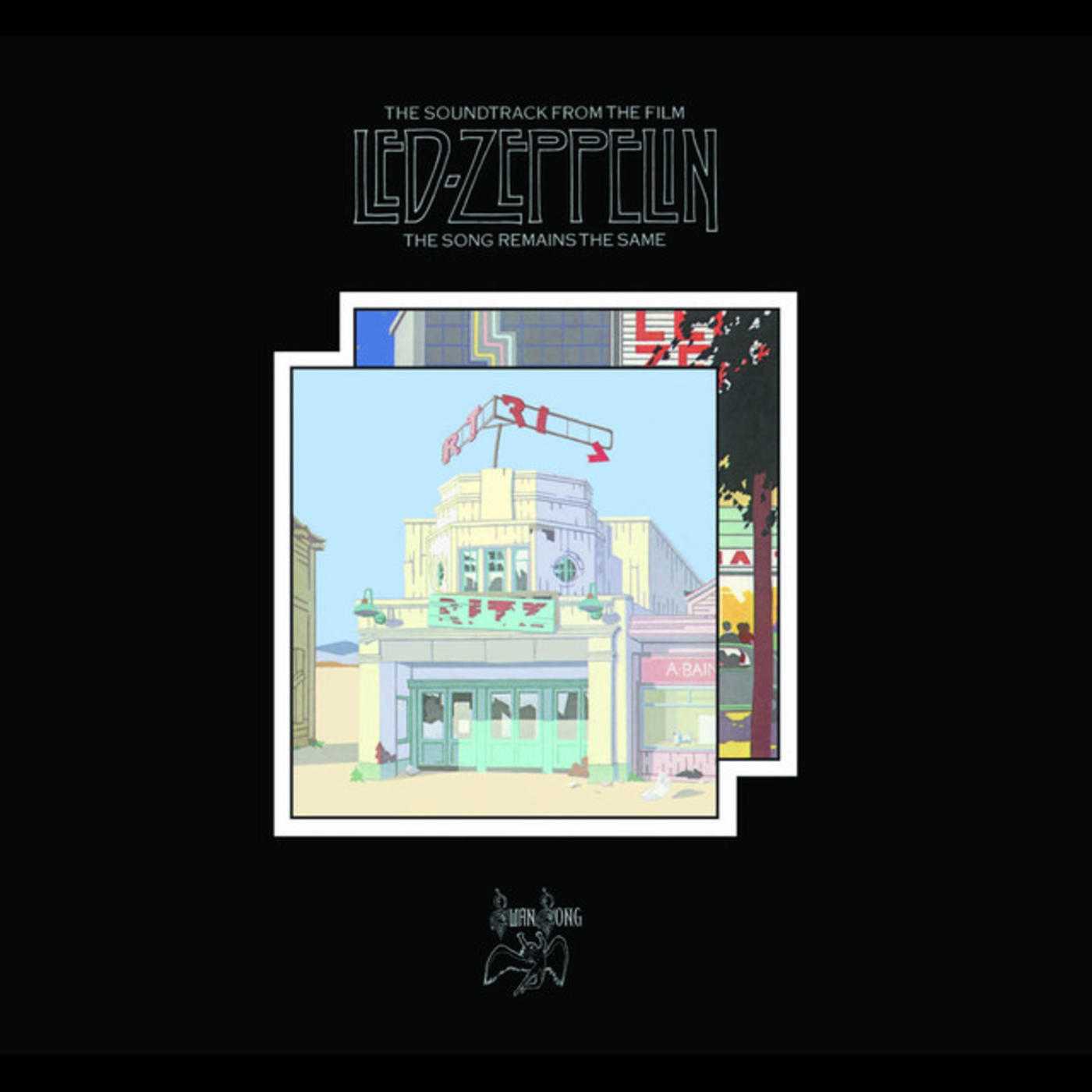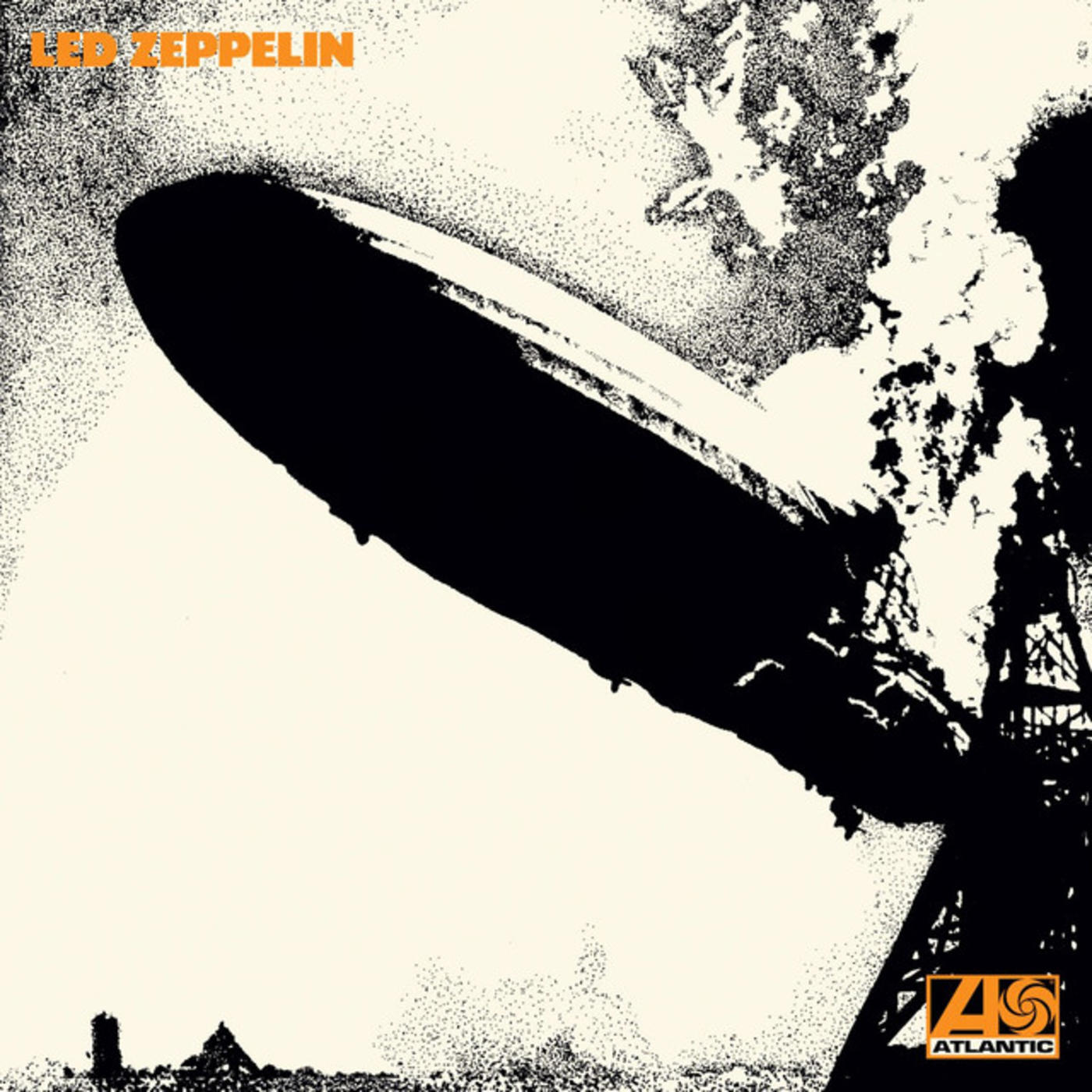Rhino Factoids: The Song Remains the Same

38 years ago today, Led Zeppelin’s concert film The Song Remains the Same had its world premiere at Cinema I in New York City, finally bringing to fruition an idea that had first crossed the band’s mind way back in 1969.
Within a year of their initial founding, the members of Led Zeppelin had been interested in filming one of their live performances for documentary purposes, with their manager, the one and only Peter Grant, convincing them that the big screen was the only appropriate place for a band of their sound and stature. Initial efforts in 1970 at the Royal Albert Hall failed to meet the band’s standards (although that footage has since been revisited, remastered, and included on the 2003 double-disc Led Zeppelin DVD), but they decided to take another shot at it in ’73, during the course of the band’s three-night stint at Madison Square Garden.
Initially directed by Joe Massot but ultimately finished by Peter Clifton, The Song Remains the Same most decidedly took far longer to complete than anyone would have preferred, and even at that, the concert footage from Madison Square Garden proved insufficient, necessitating the filming of new performances by the band at Shepperton Studios which were made to look like they were filmed at Madison Square Garden. (You diehard fans probably already knew that, but we can only imagine the spit takes that were just done by the heretofore-uninformed.)
The film once described by Grant as “the most expensive home movie ever made” finally made it into theaters a year and a half later than was originally intended, and, yes, based on Grant’s one-liner, it’s fair to say that it cost more than planned, but it still ended up being seen as a success from a commercial standpoint, grossing $10 million in the U.S. by the time 1977 rolled around. The critics may not have shared the opinion of the masses, but, hey, who cares what critics think anyway, right?


